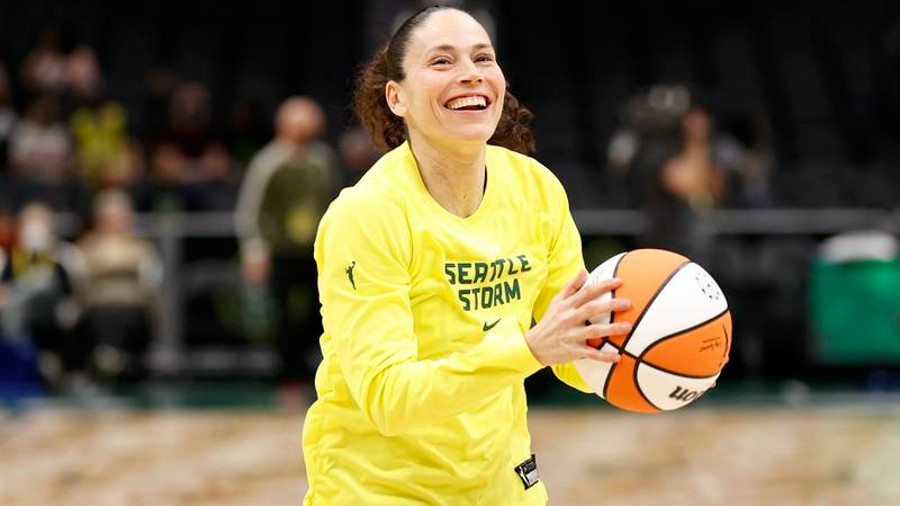Seattle council cracks down on ‘indirect’ lobbying efforts to sway public opinion
Dec 15, 2020, 12:20 PM

Protesters gathered outside City Hall. (AP Photo/Ted S. Warren)
(AP Photo/Ted S. Warren)
Seattle City Council passed a new bill Monday, strengthening transparency for indirect lobbying efforts from third-party organizations.
Amazon contributes over $1 million in bid to shape Seattle council races
Indirect lobbying occurs when organizations or individuals accept money from outside political interests, and in turn use that money to shape public opinion regarding an election.
“Indirect lobbying happens unfettered without knowing who is responsible for organizing a campaign, how much was spent, and who paid the bill,” Council President Lorena Gonzalez said in a written release. “With this legislation, we have the opportunity to align our city’s lobbying rules with better practices, including those currently spelled out at the state level and other big cities nationwide.”
Prior to this new legislation, there were no reporting requirements in Seattle for campaigns seeking to sway public opinion.
“Activities such as posting ads on social media encouraging participation in Council meetings and paying for signs and banners are not considered lobbying under current law,” the bill’s summary describes.
Business, labor groups dump big money to flip Seattle council
Under Seattle’s newly-passed legislation, indirect lobbying groups will now be required to register with the Seattle Ethics and Election Commission (SEEC) if they spend a minimum of $750 in a single month on a campaign, or $1,500 over three months.
That means those groups will also have to include the names of people lobbied and information about any contracts they might hold with the city. Violating these requirements would lead to civil penalties, although the SEEC plans to “spend the first six months of 2020 to complete rulemaking and community education that will encourage awareness of the new lobbying regulations and compliance.”
Additionally, this brings Seattle’s lobbying regulations into alignment with Washington state law, which has similar requirements for indirect lobbying.












